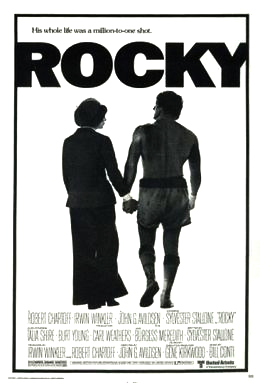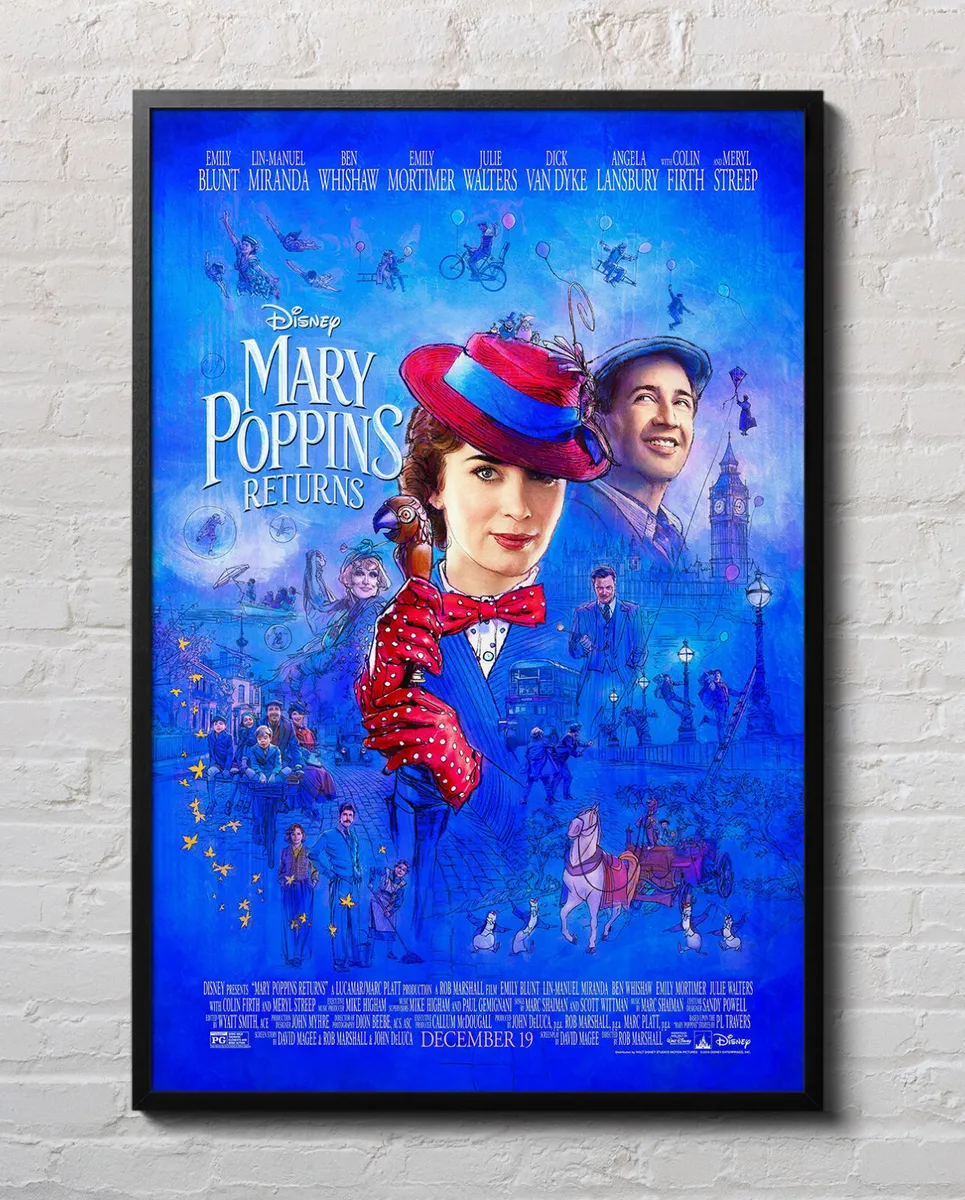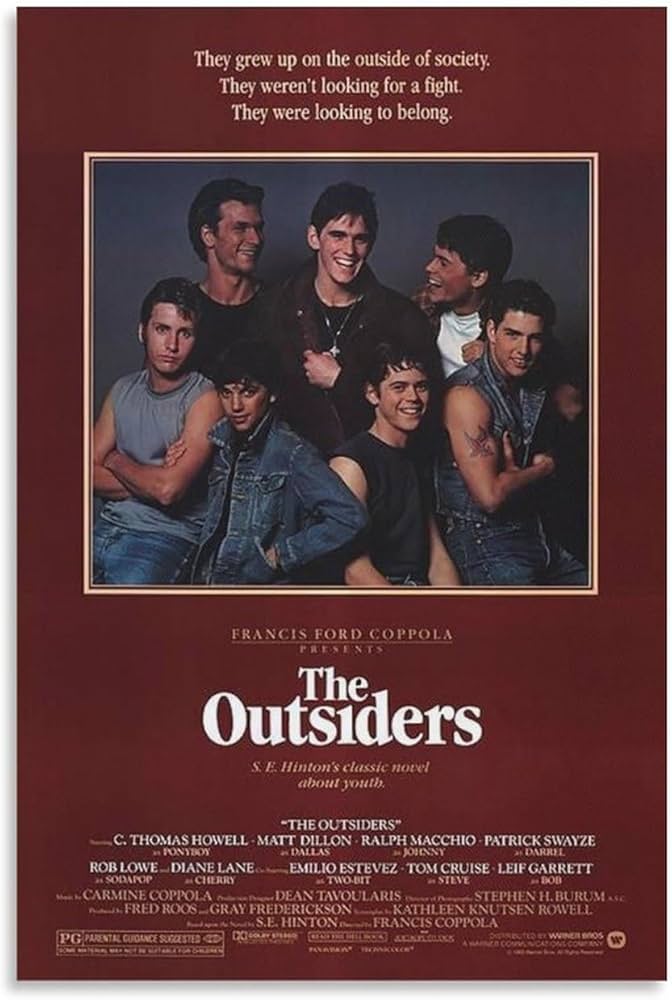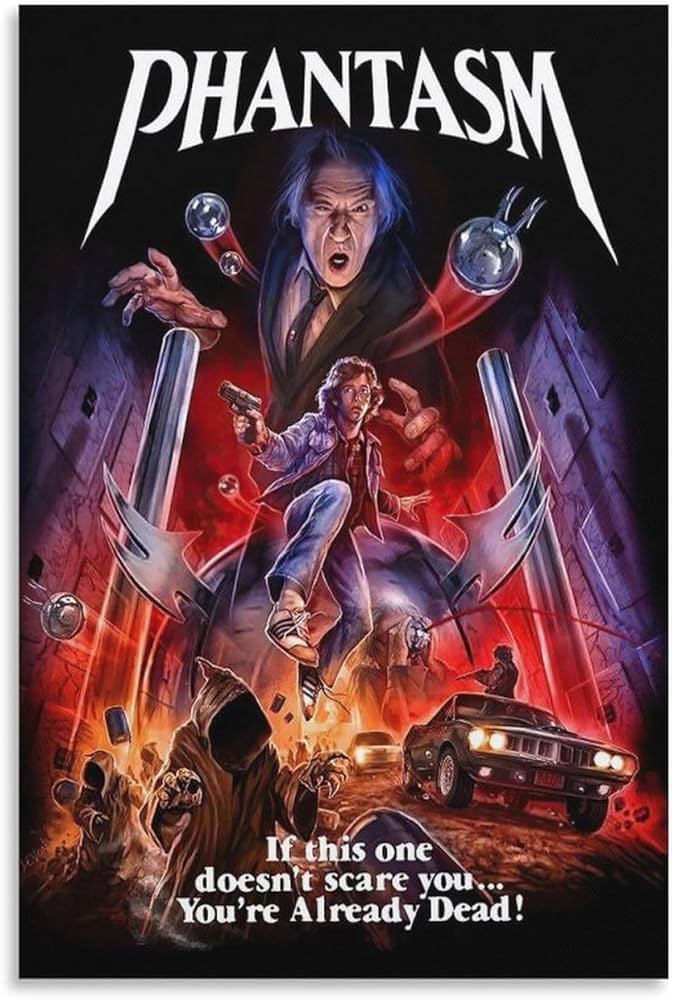In all of civil honesty, like the King James Bible, like it or not, Rocky has withstood the test of time. What is astonishing to me is what newspaper critics were citing when it was released back in 1976. I have reread many of them and couldn’t profoundly disagree with the reviews anymore. It appears that Rocky has many converts to the genre; I understand and respect this process. What is even more convincing of its enormous success is the fact that Sylvester Stallone himself was ‘uncertain’ what the outcome would be; it even surprised the merciless critics who panned the film! Why? Because it would go on to win Picture of the Year in 1976! (I will post a link to the New York Times film critic Vincent Canby’s review of this film. You can read his review here.
What’s extraordinary is that there is nothing amazing about this movie! We have seen it all before. It’s about an average guy who has a questionable and mischievous method of supporting himself (in this case, Rocky works for a local mob boss collecting debts owed), he possesses no audacity to ask a certain woman out he is infatuated with, and so he continues his mediocre lifestyle; however, there is one thing that stands above Rocky that most miss; it is heart. This movie is all about heart! This film commences with the fact that Rocky is, at best, a third-rate boxer with absolutely no chance of ever turning professional; he has the heart, but not the circumstances. That is not to say, though, he is not displaced among the wrong people; he has exactly who he needs to complete his destiny. It is here where the film stands out as uncommon. Through a miraculous set of incidences, Rocky is given a magical opportunity to fight the heavyweight champion, Apollo Creed, brilliantly portrayed by Carl Weathers. His pristine reciprocation to Mohamed Ali-like character is paramount in the films climax. Rocky is full of uncertainty, lack of confidence, poor judgement, and even a bit of depression; his psyche is in need deep need of healing. Stallone displays this struggle in man with brilliance and deep seriousness. One of the most striking scenes in the film is when Rocky is awakened by his alarm clock and begins his day of training by drinking raw eggs and then ventures outside for a run in the early hours of a frigid morning. The uncertainty and determination are doing fierce battle with one another; Rocky prevails by continuing his quest to train and to somehow envision himself as a champion. It is quite profound to watch, and the director captured this struggle with eloquence and seriousness on a level not previously attempted in cinema at the time. It worked!
As mentioned, Rocky is equipped to handle his unanticipated destiny. He has a cast of friends and admirers that are somehow attached to his persona and charisma; he is unaware, however, in this first film of his scarce boxing ability. But it does get noticed by a cantankerous old manager named Mickey who will not only be his trainer but his personal mentor as well. Together, they will mold Rocky’s purpose and hardened eloquence into a lovable and high-spirited boxer and hero.
I like what the film explores: isolation, uncertainty, bravery, fortitude, and triumph. These are quite a powerful mix of ingredients that are not too overwhelming; you can digest all of them properly and still be able to relate to each of the sequences and transformations of each person in the film, especially Rocky himself. The film is a colorful spectacle, albeit properly laid out before the crowd. It crotches and is regulated by heavy breathing and deeply supervised passion and civics. It also encapsulates the importance of being local. Rocky is just an average guy that everyone knows in his neighborhood. This theme is central to his inward as well as his extroverted alto-ego from being a collection-man to a world renown boxer. Rocky is not just a film about boxing; it is about the obsession of development in perilous circumstances, and uncertainty in a dismal and poverty-stricken setting. It is the struggle of life; Rocky teaches us many lessons in the film. Its most important one is self-assurance. Stallone represents the Fight of Life in the ring with a man who has little need for confidence, along with a man who desperately awaits for his own discernment to enter into existence. This theme of self-awareness and resilience echoes throughout the entire Rocky franchise. Each movie enters a new challenge for a space in life. It can never be told enough times.
| Directed by | John G. Avildsen |
|---|---|
| Written by | Sylvester Stallone |
| Produced by | |
| Starring |
|
| Cinematography | James Crabe |
| Edited by | |
| Music by | Bill Conti |
|
Production
company |
Chartoff-Winkler Productions
|
| Distributed by | United Artists |
|
Release dates
|
|
|
Running time
|
119 minutes |
| Country | United States |
| Language | English |
| Budget | $1,100.000 |
| Box office | $225 million |
© 2024, Mark Grago. All rights reserved.




